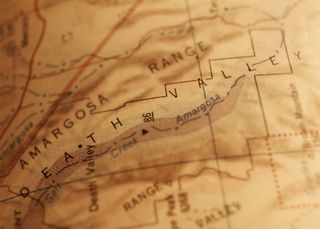Take note; the FBI has given itself expanded powers to potentially examine information such as databases or your household trash; based on flimsy – or non-existent – evidence. This is more of a "be aware" notice as some jurisdictions have been doing this already.
But it reminded me of the movie, The Star Chamber, because there was a scene in which evidence was tossed due to agents searching a suspect's trash and the court later finding that this required a warrant; because at the time of the search, the trash was deemed not to be in the public domain. Based on several higher-court decisions, it's unlikely one would obtain that ruling today.
So here's my question. What're they going to do when they're searching someone's computer trash folder? Will it depend on the location of the machine? Are discarded electronic files the same as discarded physical trash? Will I be making this argument in a future court hearing, someday?
At first glance, this may seem specious, but I know many people who never empty their trash folder.







